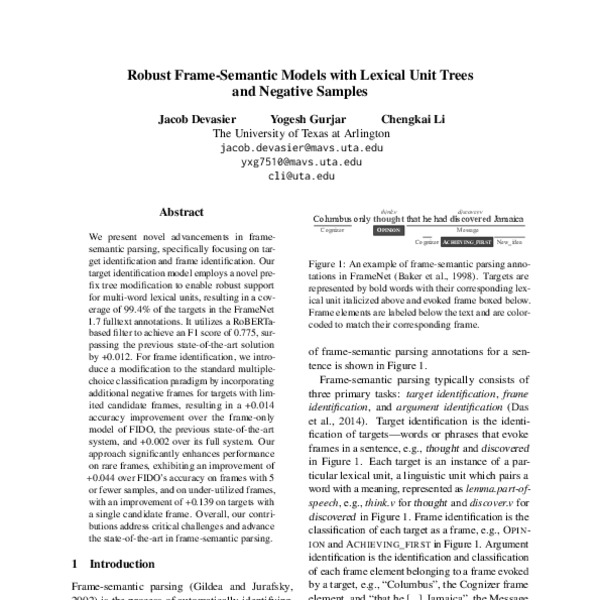Overview
A lexical unit, also known as a lexeme, is the abstract, fundamental unit of meaning in a language. It represents a single concept or idea, independent of its grammatical form. Think of it as a dictionary entry that encompasses all the inflected forms a word can take.
Key Concepts
Lexical units are the building blocks of vocabulary. They include:
- Single words (e.g., ‘run’, ‘house’, ‘happy’)
- Multi-word expressions like idioms (e.g., ‘kick the bucket’, ‘break a leg’)
- Fixed phrases (e.g., ‘thank you’, ‘good morning’)
Each lexical unit has a distinct meaning and often a specific grammatical function.
Deep Dive
The concept is crucial in linguistics and natural language processing. A lexical unit exists independently of its concrete realization (its ‘word form’). For instance, ‘go’, ‘goes’, ‘went’, and ‘gone’ are all different forms of the same lexical unit: GO.
Lexical units are stored in the mental lexicon, a complex cognitive system responsible for word recognition and production.
Applications
Understanding lexical units is vital for:
- Lexicography: Dictionary creation and definition.
- Machine Translation: Accurately mapping concepts between languages.
- Natural Language Processing (NLP): Text analysis, sentiment analysis, and information retrieval.
- Language Acquisition: How humans learn and process words.
Challenges & Misconceptions
A common misconception is equating a lexical unit directly with a word. However, a word form is just one manifestation of a lexical unit. Identifying and distinguishing between different lexical units, especially in cases of polysemy (one word with multiple meanings), can be challenging.
FAQs
What is the difference between a word and a lexical unit?
A word form is a specific instance of a lexical unit. A lexical unit is the abstract concept encompassing all related word forms.
Are idioms lexical units?
Yes, many idioms are considered multi-word lexical units because they have a fixed form and a meaning that cannot be deduced from the individual words.




